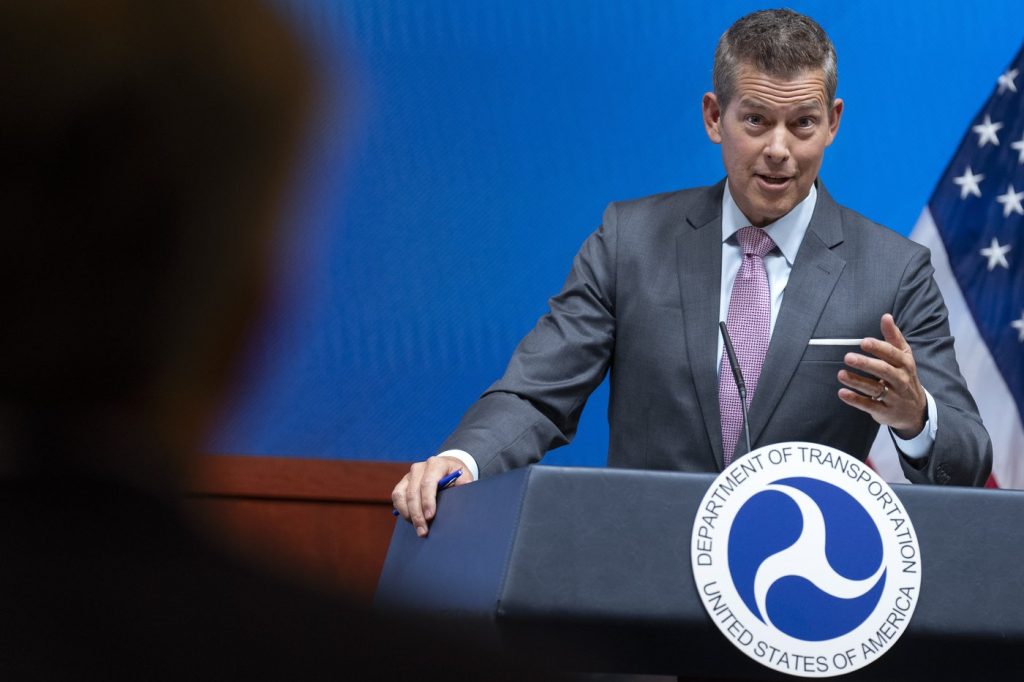NEW YORK (AP) — U.S. automakers that are engaged in the development of self-driving cars will now receive greater exemptions from certain federal safety regulations, according to recent announcements by the U.S. Department of Transportation (DOT). This move is strategically aimed at enhancing their competitive edge against Chinese automotive rivals in the rapidly evolving autonomous vehicle market.
The Transportation Department stated that these changes will facilitate testing processes, which are crucial for advancing self-driving technology. The new framework intends to minimize bureaucratic obstacles, thereby accelerating the pace of development and deployment of autonomous vehicles within the United States.
In addition to granting more exemptions, the department outlined plans to streamline crash reporting requirements that involve self-driving features. By simplifying these processes, the DOT aims to ensure that critical data regarding the safety and performance of autonomous vehicles is collected more efficiently. This is part of a broader strategy to ensure public safety while fostering an environment conducive to innovation.
Transportation Secretary Sean Duffy emphasized the importance of these initiatives, stating, “This Administration understands that we’re in a race with China to out-innovate, and the stakes couldn’t be higher.” Duffy highlighted that the new measures are part of the DOT’s innovation agenda, which seeks to establish a singular national standard for autonomous vehicle technology. The transition to a cohesive regulatory framework is expected to replace the existing patchwork of state regulations that currently governs the testing and deployment of self-driving vehicles across the nation.
The implications of these regulatory adjustments are significant. By creating a more unified approach to self-driving vehicle regulations, the U.S. government is signaling its commitment to maintaining leadership in the automotive industry and technological innovation. Encouraging U.S. automakers to expedite their research and development processes is critical, particularly as competition from international players like China heats up.
The push for national standards comes at a pivotal moment when many states have adopted varying rules and regulations, creating inconsistencies that can hinder the development and market entry of self-driving vehicles. The Department of Transportation’s move aims to eliminate these discrepancies, fostering a more predictable and supportive regulatory environment for automakers.
In summary, the federal government’s decision to provide more exemptions for self-driving car testing and to streamline related reporting requirements marks a significant shift in policy. These measures not only prioritize safety but also encourage innovation by reducing regulatory barriers, ultimately aiming to ensure that U.S. automakers can compete effectively on a global scale, particularly against their Chinese counterparts.
As the landscape of the automotive industry continues to evolve with the advent of self-driving technology, the actions taken by the Department of Transportation will play a critical role in shaping the future of transportation and mobility in the United States.











